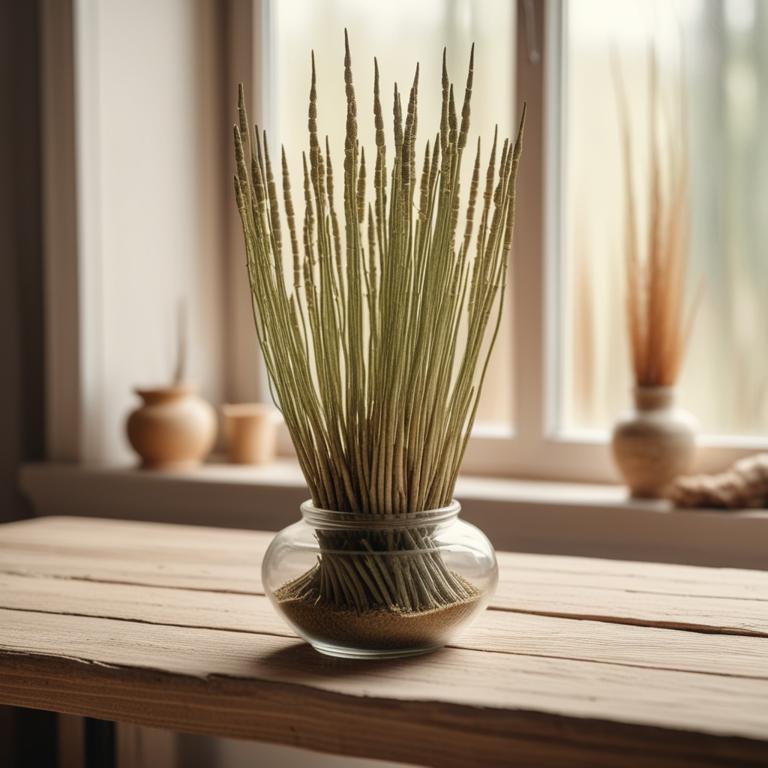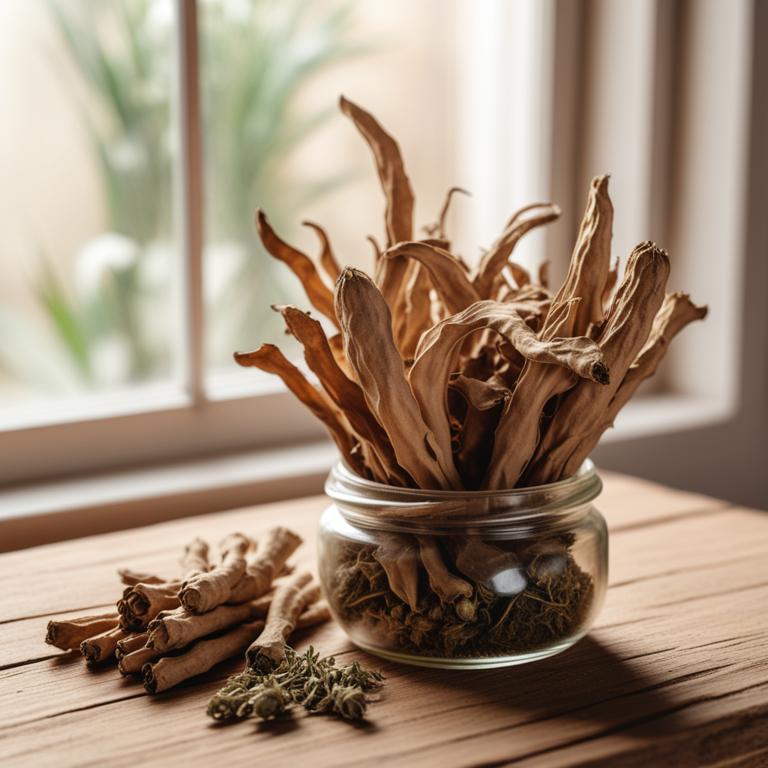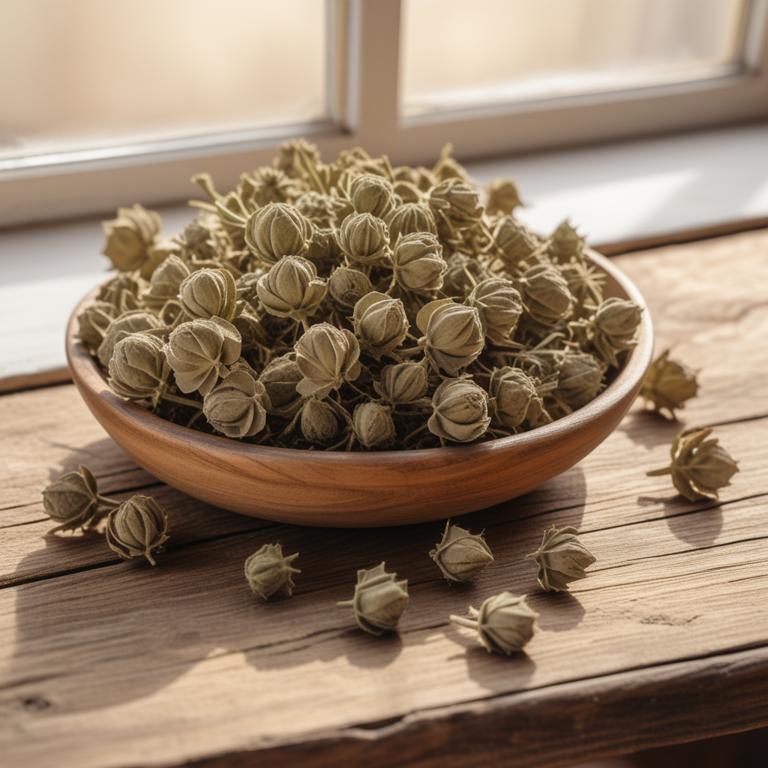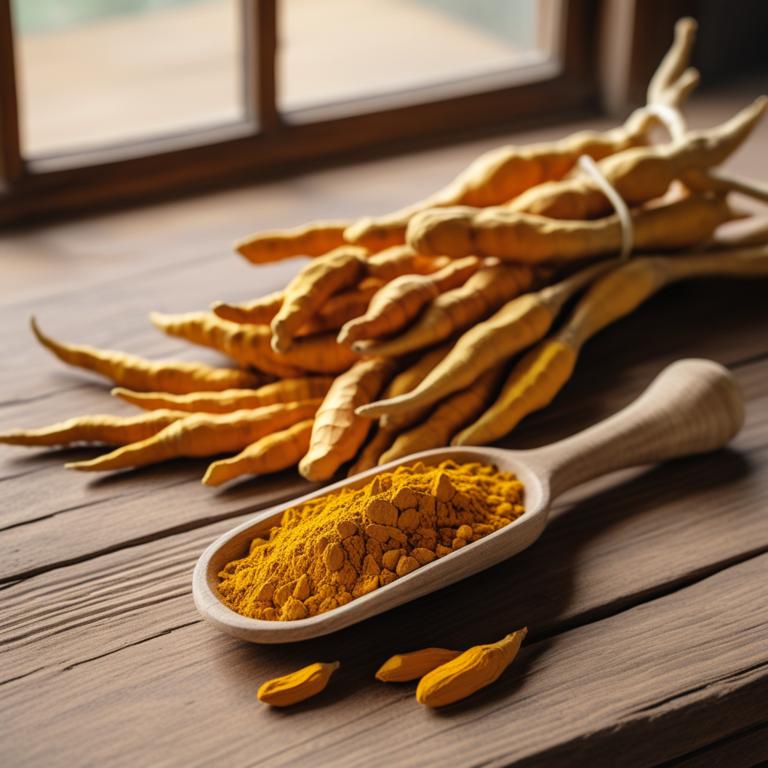Updated: Dec 1, 2024
Hematuria: Exploring the Causes and Effective Herbal Remedies for Relief
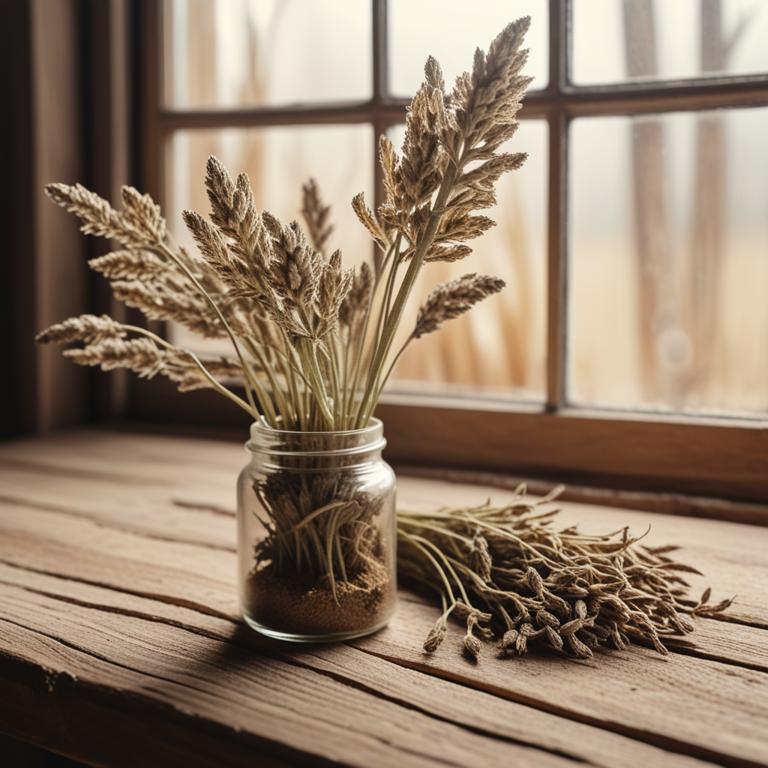
Hematuria is a condition where blood appears in your urine.
It can be a sign of a more serious health issue, and it's not something to ignore. If you have hematuria, you might notice that you're constantly visiting the bathroom, and you might be worried about the color of your urine. This can be stressful and affect your daily life. Hematuria is often caused by kidney stones, urinary tract infections, or bladder problems. In some cases, it can be a sign of a more serious condition like cancer or kidney disease. It's essential to see a doctor if you're experiencing hematuria to determine the cause and get proper treatment.
Fortunately, herbal remedies can help alleviate the symptoms of hematuria. Herbs like dandelion, uva ursi, and juniper berries have been used for centuries to treat urinary tract issues. These herbs have anti-inflammatory and antibacterial properties that can help soothe the bladder and kidneys. You can use these herbs in various forms, such as teas or infusions. Drinking dandelion tea, for example, can help reduce inflammation in the kidneys and promote urination. Uva ursi tea can also help combat bacterial infections that might be causing the hematuria. Juniper berry tea can help reduce pain and discomfort in the urinary tract.
You can also consider taking herbal supplements in capsule or tincture form, but always consult with a healthcare professional before adding any new remedies to your routine.
Table of Contents
What causes hematuria in individuals?
The main causes of hematuria are several conditions that affect the urinary tract.
One common cause is kidney stones, which are hard deposits that form in the kidneys and can cause bleeding when they move or get stuck in the urinary tract. This is often painful and can lead to hematuria. Another possible cause is bladder cancer, a type of cancer that forms in the bladder and can cause bleeding due to the abnormal growth of cancer cells. If these cells break off and enter the urine, they can cause hematuria.
Urinary Tract Infections (UTIs) are also a common cause of hematuria. When bacteria infect the urinary tract, it can cause inflammation and bleeding, leading to hematuria. In men, an enlarged prostate can also cause hematuria. Prostate cancer is a type of cancer that forms in the prostate gland and can cause bleeding due to the abnormal growth of cancer cells. As prostate cancer grows, it can press on the urinary tract and cause bleeding, leading to hematuria.
It's worth noting that some of these causes may have similar symptoms, so it's essential to see a doctor for a proper diagnosis.
What are the benefits of using herbs as a natural treatment for hematuria?
Using herbs for hematuria can be a great way to help manage symptoms and support overall health.
One of the main benefits is that these herbs can help reduce inflammation in the urinary tract, which can be causing the bleeding. This can lead to a decrease in the frequency and severity of hematuria episodes.
Additionally, certain herbs may help to improve kidney function and promote the healing of damaged tissues, which can help to prevent future episodes of bleeding. Some herbs may also have antimicrobial properties, helping to fight off infections that can cause or worsen hematuria.
Furthermore, using herbs can be a natural and non-invasive way to address the issue, and may be a good option for people who prefer to avoid medication or surgery.
What are the main medical herbs effective against hematuria?
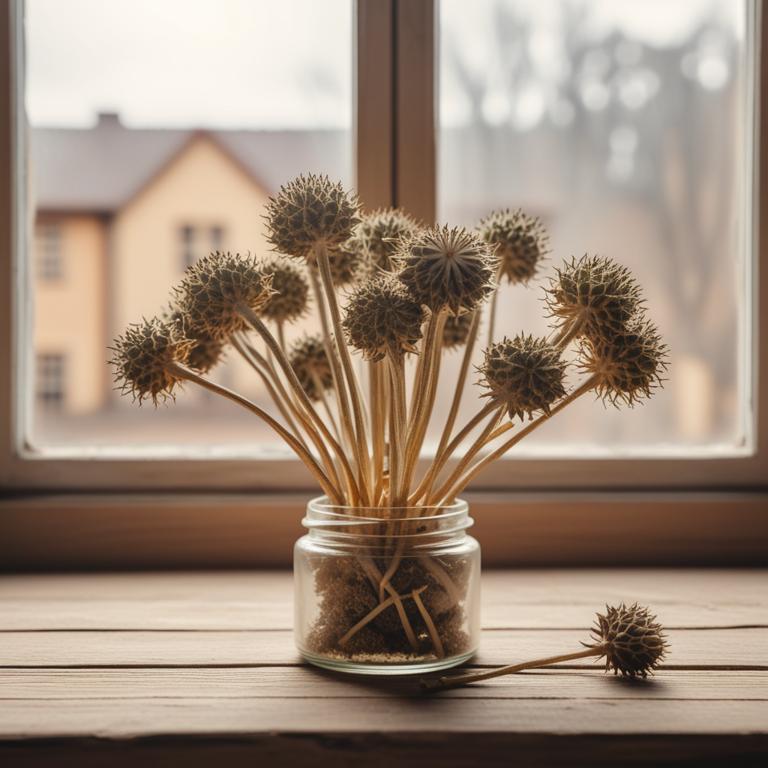
Herbs have been used for centuries to help with various health issues, including hematuria, which is the presence of blood in the urine.
Arctium lappa, also known as burdock root, has anti-inflammatory properties that can help reduce swelling and pain in the urinary tract. Silybum marianum, or milk thistle, is rich in antioxidants that can protect the kidneys from damage and promote healing. Equisetum arvense, or horsetail, is a natural diuretic that can help flush out toxins and reduce the risk of infection.
Cinchona officinalis, or cinchona bark, contains quinine, which can help reduce inflammation and ease pain in the urinary tract. Glycyrrhiza glabra, or licorice root, has anti-inflammatory properties that can help soothe and protect the mucous membranes in the urinary tract. These herbs can be used together to create a natural remedy that can help alleviate the symptoms of hematuria.
When consumed as tea or supplements, they can help reduce the risk of complications and promote overall health in individuals with hematuria.
What are the key herbal treatments for patients experiencing hematuria?
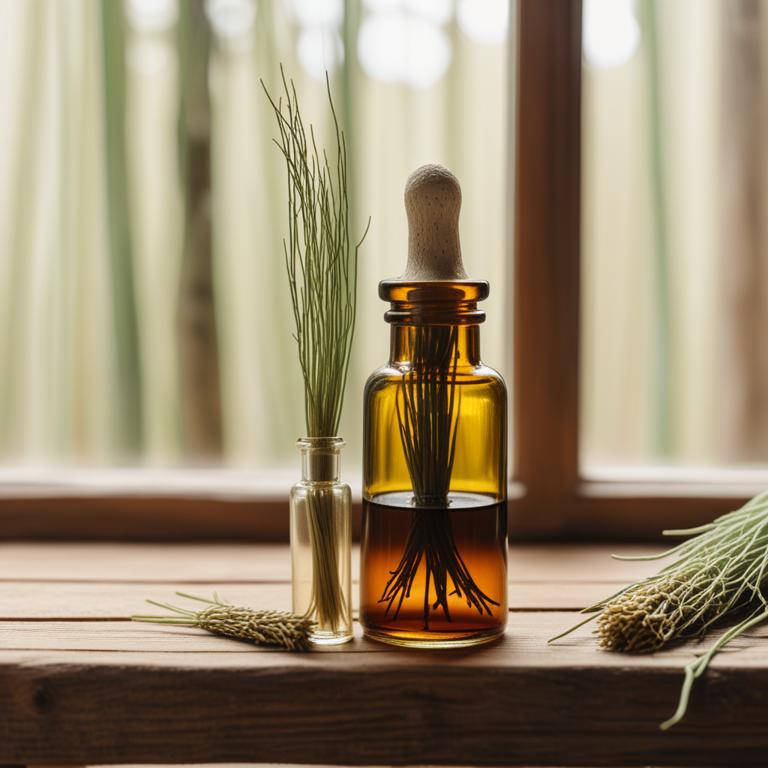
When it comes to hematuria, or blood in the urine, herbal preparations can be a helpful addition to medical treatment.
Let's take a look at five popular options. A tincture is a concentrated liquid extract of herbs. For hematuria, tinctures like buchu or corn silk can be used to help reduce inflammation and soothe the urinary tract. They can be added to water and taken as a drink. Decoctions, on the other hand, are made by simmering herbs in water. Herbs like marshmallow root and licorice root can be used to make a decoction that helps to calm and protect the mucous membranes in the urinary tract.
Infusions are similar to teas, but often made with stronger herbs. Herbs like corn silk and plantain can be used to make an infusion that helps to reduce inflammation and ease symptoms of hematuria. Suppositories are a type of herbal preparation that are inserted into the rectum to help soothe and protect the urinary tract. Herbs like buchu and uva ursi can be used to make suppositories that help to reduce inflammation and promote healing. Finally, capsules are a convenient way to take herbal preparations. Herbs like juniper berries and saw palmetto can be used to make capsules that help to reduce inflammation and promote urinary health.
These herbal preparations can be helpful in managing hematuria, but it's essential to talk to a healthcare professional before adding any new remedies to your treatment plan.
Additional Resources:
What herbs are contraindicated in hematuria?
If you have hematuria, which means blood in your urine, it's a good idea to be careful with certain herbs.
Hematuria can be a sign of a kidney problem or other underlying health issue, and some herbs can make it worse. For example, Ephedra sinica, also known as Ma Huang, contains a compound called ephedrine, which can increase blood pressure and heart rate. If you already have a kidney problem, this can put extra strain on your kidneys and make your hematuria worse. Similarly, Ephedra intermedia, another type of Ephedra, also contains ephedrine and can have the same effects. Ginkgo biloba, also known as the maidenhair tree, may seem like a harmless herb, but it can interact with certain medications and worsen kidney problems.
Some people take Ginkgo biloba to improve blood flow, but if you have hematuria, you don't want to increase blood flow to your kidneys if they're already damaged. Cassia obtusifolia, also known as Chinese meadow grass, contains a compound called oxalate, which can be toxic to the kidneys. Ephedra distachya, another type of Ephedra, also contains ephedrine and can have similar effects to Ephedra sinica and Ephedra intermedia. When you have hematuria, it's best to avoid any herbs that can put extra strain on your kidneys or worsen your condition. If you're unsure about which herbs are safe for you, it's always best to consult with a healthcare professional before using them.
They can help you understand the potential risks and benefits of each herb and recommend alternatives that are safer for you.
FAQ
Are there any specific herbs that can prevent hematuria?
Some herbs may help prevent or reduce hematuria.
For example, dandelion root and burdock root are often used to support kidney health. They may help reduce inflammation and promote the removal of waste products. These herbs can be consumed as tea, capsules, or added to food.
They may also be beneficial in reducing the risk of kidney stones and other urinary problems.
Is it safe to use herbal remedies for hematuria during pregnancy?
During pregnancy, it's best to use herbal remedies with caution for hematuria.
Some herbs like uva ursi and juniper berries may help with urinary issues, but they can also cause problems like low blood pressure.
If you're using herbal remedies, be sure to follow the recommended dosage and discuss any concerns with a healthcare provider before taking them.
Are there any herbs that can reduce the frequency of hematuria?
Some herbs like corn silk and juniper berries may help reduce the frequency of hematuria.
Corn silk is thought to soothe the urinary tract, while juniper berries may help reduce inflammation and improve urine flow.
These herbs have been used traditionally to help manage urinary issues, but more research is needed to confirm their effectiveness.
Can i combine different herbal remedies for hematuria?
Combining herbal remedies for hematuria can be a bit tricky.
Some herbs like corn silk and juniper berries can help reduce inflammation and promote urine flow, while others like uva ursi may help fight infections.
However, using multiple herbs at once can interact with each other, so it's essential to understand their properties and effects before mixing them.
Related Articles
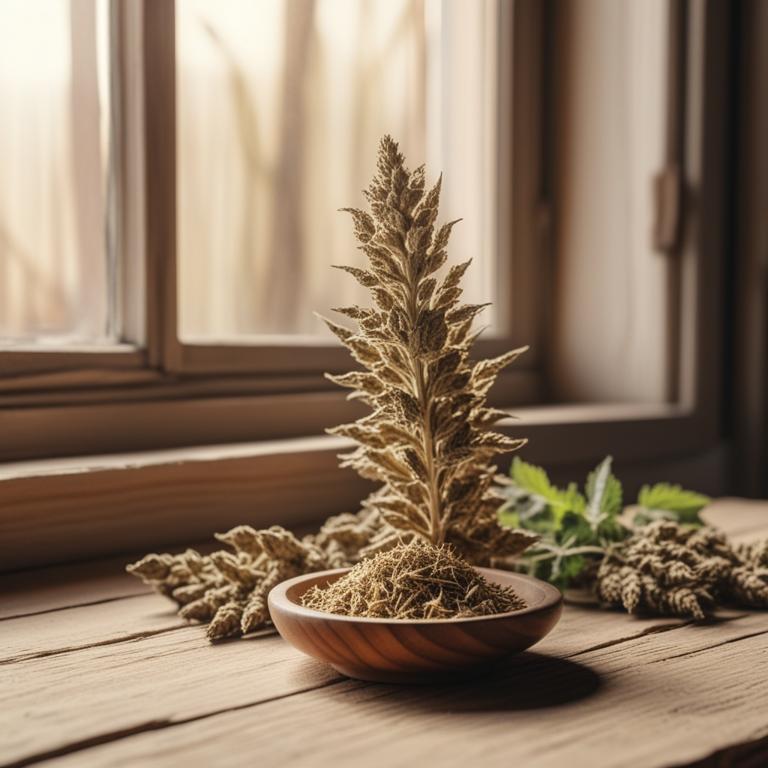
Prostate Inflammation: Understanding Causes and Exploring Medicinal Herbal Options
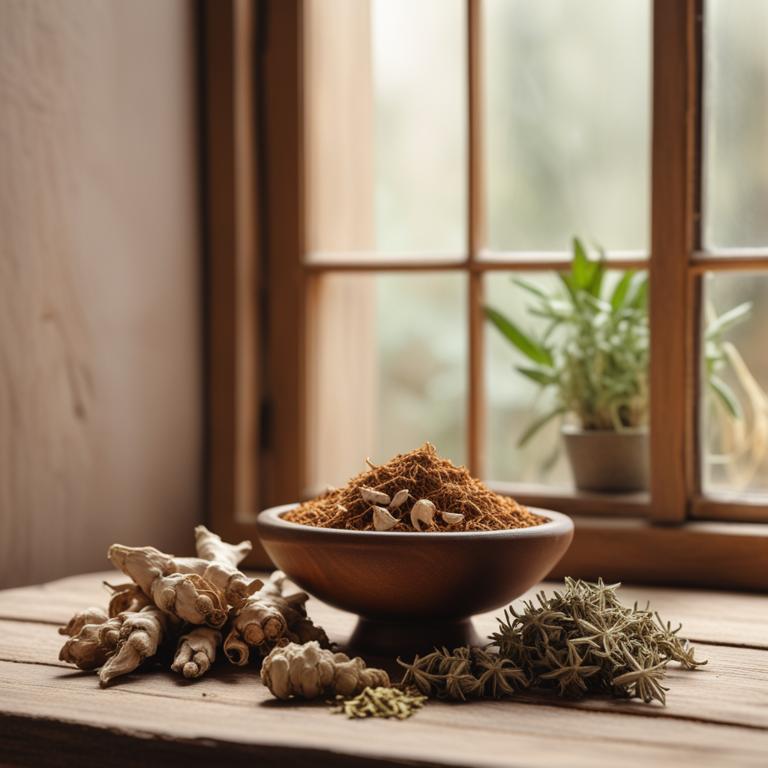
Natural Dehydration Relief: Causes, Herbs, and Medicinal Preparations
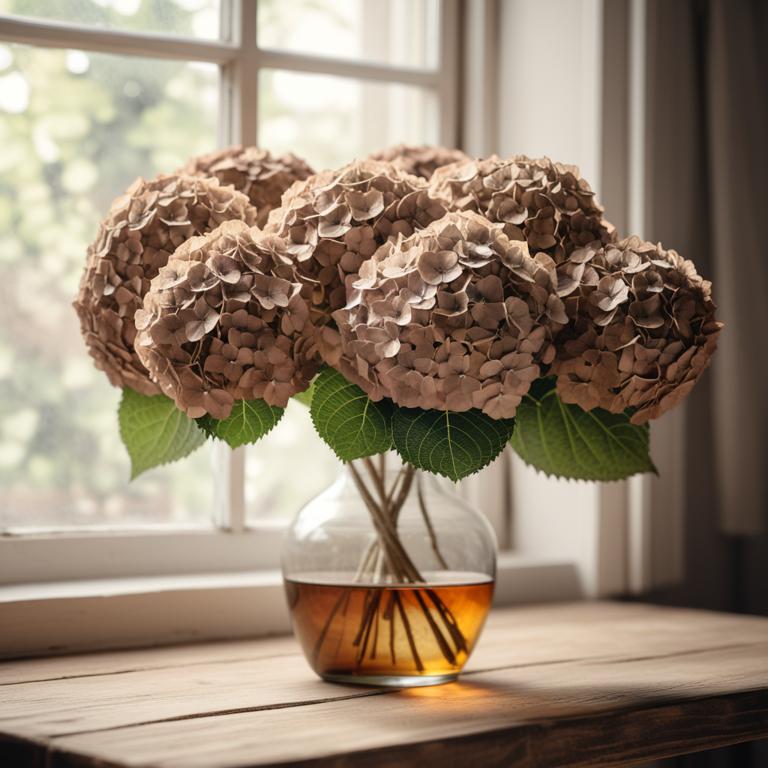
Bladder Infection: Understanding the Causes and Herbal Remedies
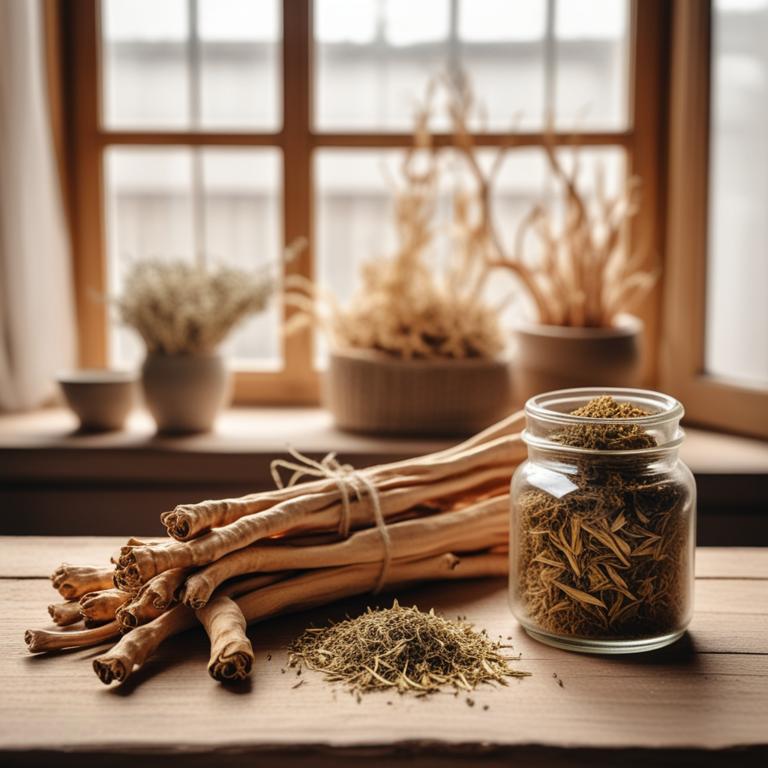
Prostatitis: Understanding the Causes and Using Herbal Preparations for Relief
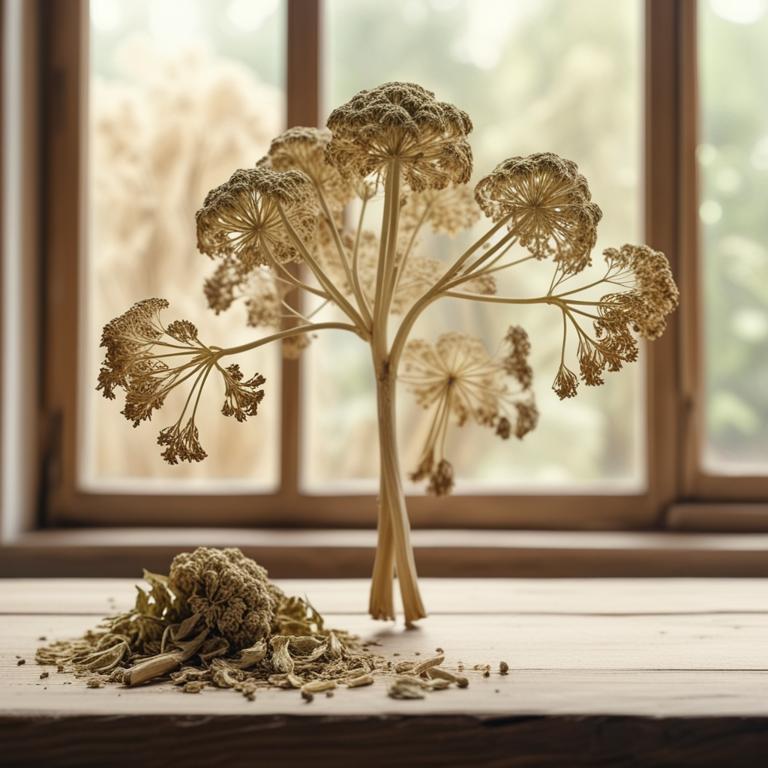
Fluid Retention: Causes, Herbal Preparations, and Holistic Treatments
